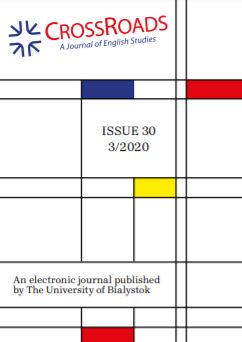Unseized opportunity. Respelling of English words in L1 Polish textbooks
Unseized opportunity. Respelling of English words in L1 Polish textbooks
Author(s): Elżbieta Awramiuk, Michał CitkoSubject(s): Language studies, Education, Foreign languages learning, School education
Published by: Wydział Filologiczny Uniwersytetu w Białymstoku
Keywords: primary school; textbook analysis; sound form signalization; respelling; linguistic awareness;
Summary/Abstract: The purpose of this study is to present the results of an analysis of several Polish textbooks, popular in primary schools (grades 4-6, age 10-13), to demonstrate how Polish textbooks give the pronunciation of English words. Authors of textbooks use their native orthographic convention for sound form signalization called respelling. It is a simple and convenient strategy for indicating pronunciation more accurately than normal spelling. However, respelling of English words poses some problems related to the use of L1 alphabet for decoding foreign language sounds, such as domestication or omitting relevant phonetic information. Another problem concerns the indistinct separation of the two forms of language – written and spoken – due to the use of letters for signalling sound form. L1 classes create a perfect opportunity for students to develop their linguistic awareness. This opportunity, however, does not seem to be fully embraced by the authors of the textbooks. Generally, there is a lack of wellthought-out solutions aimed at the orthoepic competence concerning phonetic transcription conventions. Thus, some ways of clarification of how the sounds of spoken language are represented in written form are proposed.
Journal: Crossroads. A Journal of English Studies
- Issue Year: 2020
- Issue No: 03 (30)
- Page Range: 23-38
- Page Count: 16
- Language: English

